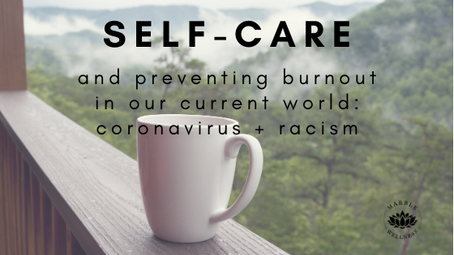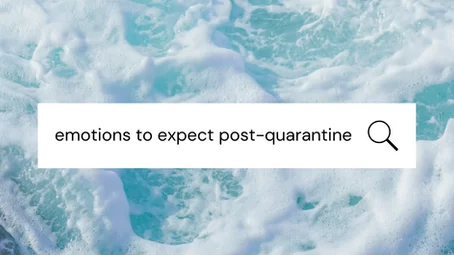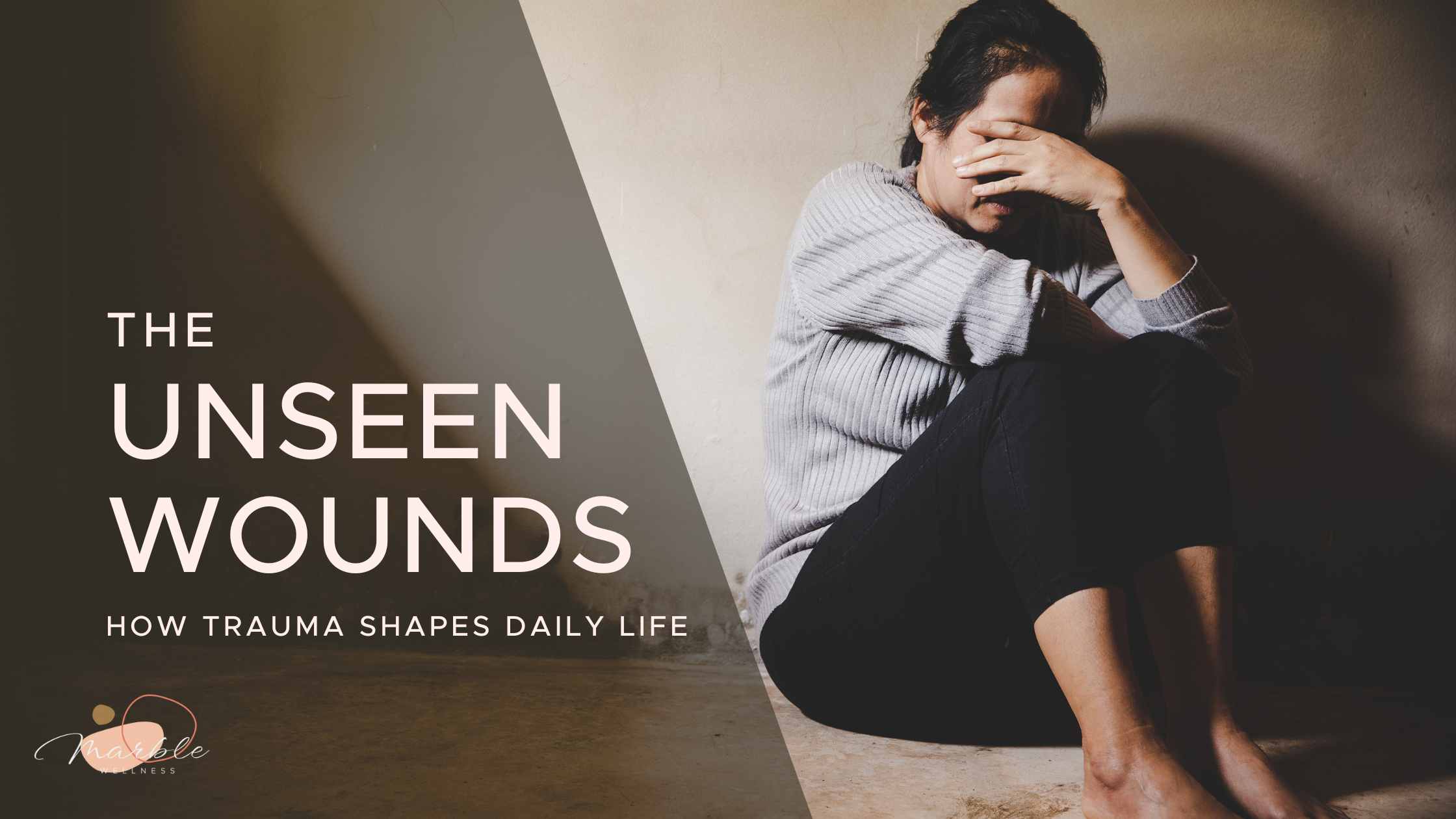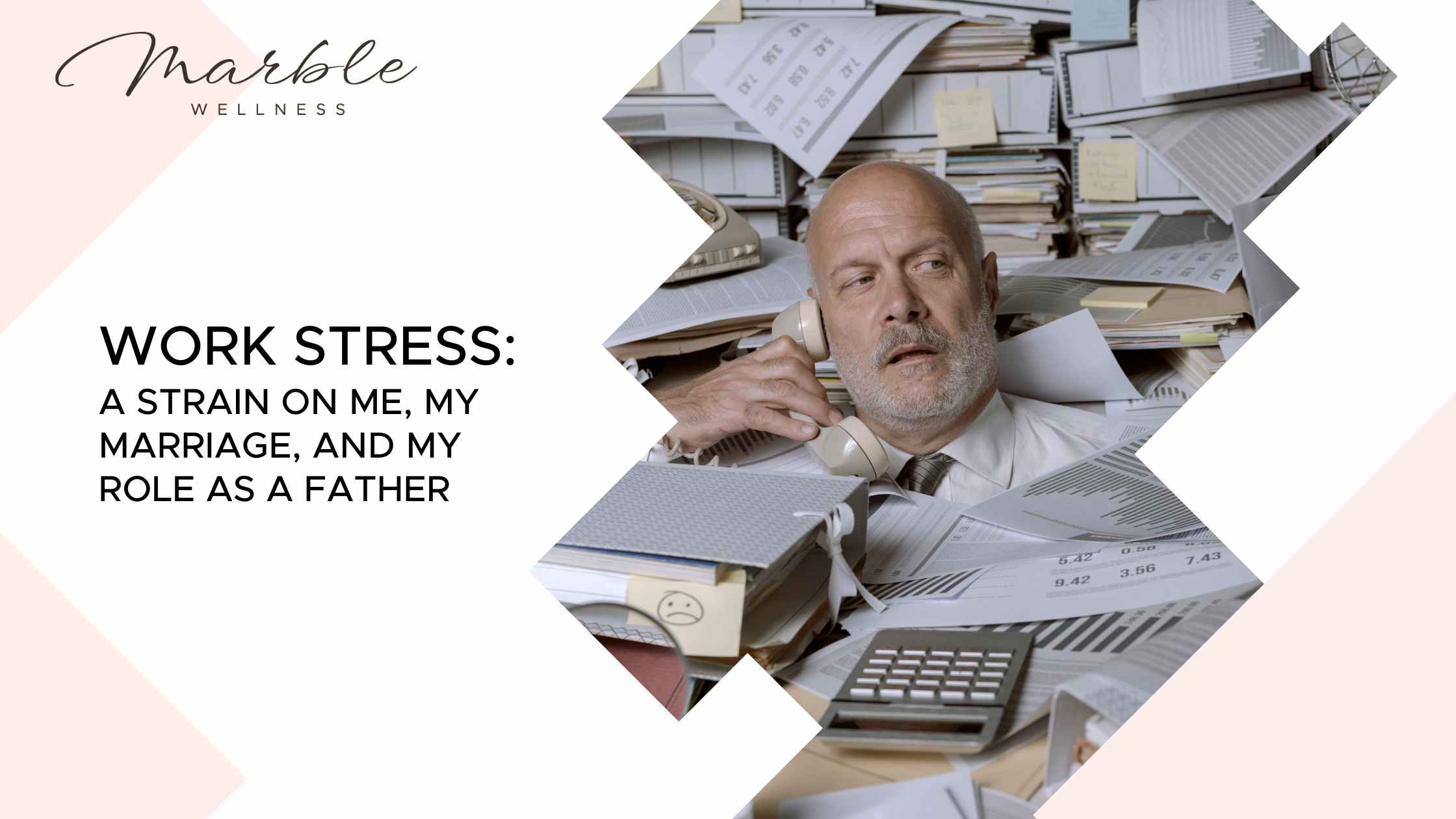How is everyone doing? Have you managed to slow down to check-in with yourself…hear from your body, mind, and spirit about what you need?
If you haven’t, can I gently but very seriously urge you to do just that?
(Click here for engaging in an honest needs assessment.)
I’m very concerned about everyone’s individual mental health right now. No matter how coronavirus and quarantine hit you, it was (is) an overwhelming, confusing, and murky time. It challenged what we know about taking care of ourselves. For many people, it was perhaps the first time they experienced a serious challenge to their mental health. For others, it may have been just one more hardship in a life full of mental health hurdles.
Now, as we as a nation turn to incredibly anguishing questions over the state of race relations, racial inequality, and racial injustice in America—and face videos and pictures capturing so much tension around that conversation—individuals again are experiencing overwhelm, confusion, and murkiness. People are asking themselves questions about their own thought process, assumptions, lack of knowledge, gaps in understanding, deficiency in allyship. People are experiencing grief, rage, and maybe even helplessness or hopelessness as they share their own stories of being on the receiving end of racist actions and behaviors from others. Others, as they hear these stories, are experiencing sadness and anger, maybe like they’ve never experienced it before.
And with so much time being spent in a topic as emotionally intense as racism in America, especially after how tired and raw and overextended we were after 2+ months of quarantine, the potential for burnout exists. And no one wants you to burn out. In fact, we need people to not burnout. This is a human rights issue that requires long-term involvement, long-term work, and the kind of energy and strength that can only come from having a tank that continuously has real — not surface-level — energy and strength.
What are the risks of burnout?
- excessive stress
- fatigue
- insomnia
- high levels of anger or irritability
- alcohol or substance misuse
- vulnerability to illness (due to weakened immune system from the stress)
All of these things can last a long time. And those are not fun. Burnout isn’t a bad few days, it’s a hit to the system that can cause a domino effect that impacts multiple pillars of your life for a long time. You, your family, and your community deserve better than that.
And the good news is: regular self-care can prevent burnout and even lead to:
- Higher levels of energy
- Increased life satisfaction
- Feelings of empowerment over your life
- Increased sense of connection in individual relationships and community relationships
So what do you do to prevent burnout?
Several things but most importantly, it includes:
Physical self-care
- Proper nourishment through food
- Exercise — these conversations are spiking a lot of adrenaline and moving your body to get out those emotions in a healthy way is critical to your long-term health. Emotions can linger and even get stuck in our body. So whether it’s a full high-intensity workout or even a walk, get out a move
- A health sleep regimen
- Doing a “body scan” to find where you are holding tension in your body and then taking a few minutes to relax those body parts
Emotional self-care
- Quieting your mind to attend to the most pressing emotional needs
- Engaging in an activity or with a person that brings you positive emotions
- Taking a break from the intensity of constant news and the search for “what to do” and “how to help” so you have the energy to commit to those exact action items
Spiritual self-care
- Getting grounded to counter the overwhelm
- Engaging with nature
- If you’re a prayerful person, seeking out prayer as a tool to help: with comfort, guidance, truth, clarity, strength, wisdom
Mental self-care
- Engaging in mental stimulation in a different topic than coronavirus or racial inequality-this could be a puzzle, a “brain game” book, a strategy board or card game
- Utilizing a breathing exercise or meditation to help quiet your mind for a few moments each day
- Reading a book or magazine, or even watching a TV show, that can be an escape for a segment of time each day
Relational self-care
- Turning to the relationships in your life that often give you refuge. Physiologically, we respond differently to our comfort people so even talking to them on the phone or spending time in their physical presence can help our internal systems find some calm
- Getting outside — a new park, a walk in your neighborhood, taking the far parking spot at the grocery store or Target — so you can encounter strangers and wave hello and give a kind greeting
- Send a kind note, text, or even small gift to a friend, family member, etc so you can be the light/the smile in someone’s day
As you grow more comfortable doing one or many of these, you will find less resistance in your life to do them on a regular basis. They can grow to become a recurring, natural part of your daily or weekly schedule. And watch your impact on your most dear causes grow. Watch your ability to fight for better lives for Black people and communities multiply. And trust me, it will!
Please take care of yourself. It’s the only way to take care of each other.
Talk to you soon!
Start Therapy for Mental Health in St. Louis
If you live in St. Louis and are ready to improve your mental health, we are here to help.
Contact Us!

Additional Counseling Services at Marble Wellness in St. Louis, MO and Chicago, IL
Counseling services designed to help set you on a path of living a more fulfilled, calm, and happy life.
St. Louis
Our St. Louis team of therapists have a variety of training backgrounds and areas of expertise. We specialize in anxiety, depression, grief, chronic illness, therapy for men, couples, and maternal overwhelm. We can also help new moms with various postpartum concerns, moms in the thick of parenting, and moms with teens. We can also chat from wherever you are in the state with online therapy in Missouri and online therapy in Illinois. No matter where you are in your journey, we would love to support you.
Chicago
Our Chicago team of therapists offer a wide range of mental health services to help our clients through the different challenges and hurdles in their life. In addition to anxiety, depression, grief, therapy for men, and maternal overwhelm, we are specialized in professional burnout, therapy for breakups, and love partnering with working moms.



